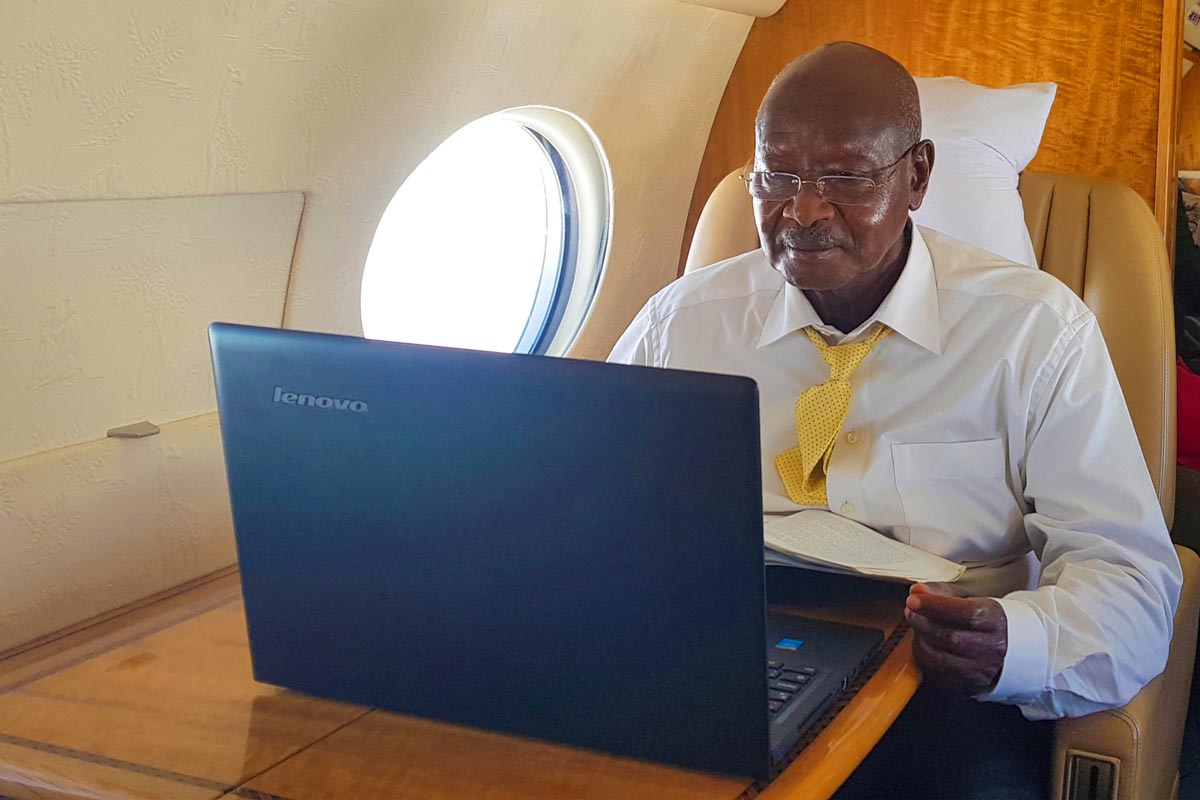
Using digital tools, software, and online platforms to plan, execute, and measure the success of political campaigns has proved to be a game-changer in Europe and the United States of America. This concept employs a diverse assortment of solutions to push forward a political candidate’s agenda to be elected.
Some key technologies used include Digital Organizing Platforms, Social Media, Data Analytics, Online Fundraising, Voter Relationship Management, Artificial Intelligence, Mobile Marketing, and Campaign Email Systems. The traditional approach of using campaign posters and door-to-door canvassing alone is no longer enough to get a political candidate into office.
Modern campaign technologies, especially the use of Social Media, are gaining traction in some parts of Africa and changing the political landscape across the continent. Increased mobile phone usage in Uganda, for instance, has created unique advantages for politicians and political parties to connect with voters, share their messages, and mobilize support.
All the major political parties in Uganda, including the National Resistance Movement (NRM), National Unity Platform (NUP), Forum for Democratic Change (FDC), Alliance for National Transformation (ANT), and the Uganda People’s Congress (UPC) all have websites and online presence across the various Social Media platforms. These interactive tools and strategies bolster the different parties’ public outreach agendas.
Some Members of Parliament, like the Uganda Minister of Health, Hon. Dr. Jane Ruth Aceng, have not limited their online presence to Social Media, but also have websites.
Dr. Jane Ruth Aceng has a sleek and user-friendly official website www.drjaneaceng.com through which she engages her constituents of Lira City, rallying them to get involved and work together to build Lira City.
The website welcomes you with the phrase “Ceng Atedero’, followed by ‘Obanga omio wa gum kede Citi amwonya icuny Lango. Amito jallo paco na bot obanga. Wek dong lonyo, dongo me catto wil, kuc, note, kede dongo gure i Lira Citi”
Meaning “A light for the common people, followed by God has blessed us with a beautiful city in the heart of Lango. I want to dedicate my home to the almighty. May health, economic growth, peace, unity, and development abound in Lira City.”
Dr. Ruth Aceng’s website gives her constituents a platform through which, throughout the year, they can contact her on all manner of issues, providing an avenue with unique advantages to other means of communication, some of which, like a personal number, may be out of their reach.
Locally, we are yet to embrace vote canvassing applications like Qomon, a campaigning tool that can be used both on the Web and as a mobile application. At qomon.com, data-driven, long-term campaigns, both digitally and in the field are carried out. Voters are contacted with the right message at the right time using targeted communications.
The use of such platforms helps candidates stay in contact with their electorate and nurture connections over time, and not only as the election period draws near.
The platforms also store voter interaction in a single database, updating these engagements in real-time, without the need to constantly import or export contacts to different platforms. The candidate can also analyze the progress of the campaign live and examine the overall results.
Rather than copy and paste, we should consider designing tools uniquely suited to the Ugandan story, but with all the advantages of Western influence.
Social media platforms like Facebook, YouTube, Twitter, and Instagram have become essential for campaigns to reach voters, communicate ideas, and disseminate information. However, I would bet a finger that not all Members of Parliament have social media accounts, and only a few hire media professionals or influencers to manage these accounts.
The use of data analytics can track voter behavior spanning past elections, identify trends, and help candidates running for office make data-driven decisions. However, political campaign technology is not all rosy, as misinformation, disinformation, and hate speech on Social Media go viral in a matter of minutes. To fully harness the power of these tools while mitigating risks, 2026 Uganda Elections presents an opportunity to redefine how political candidates connect with voters and shape the future of political engagement.